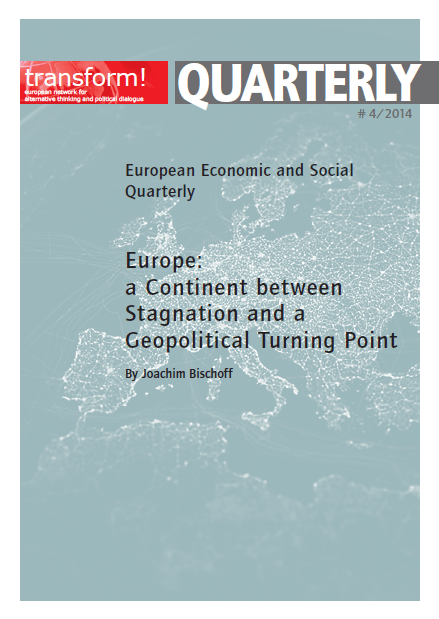Eurozone Deficit Reduction in 2024: Opportunities for Fiscal Flexibility
In 2024, the Eurozone government deficit decreased to -3.1% of GDP. Key countries such as Italy and Greece posted primary surpluses, while other nations face fiscal challenges that may slow overall economic growth.
The Eurozone’s fiscal landscape in 2024 shows signs of progress, with a reduction in the overall government deficit to -3.1% of GDP. This marks a notable improvement from previous years, suggesting that European countries are managing to reduce their budgetary shortfalls. However, the road ahead remains challenging for some member states that face additional fiscal constraints. European Central Bank (ECB) data suggests that while some countries have shown improvement, others remain at risk of breaching fiscal targets.
Italy and Greece Lead the Way
Both Italy and Greece have posted primary surpluses, indicating their success in reducing deficits. Despite high interest costs, these countries have managed to control spending and increase revenue, demonstrating their fiscal resilience. Italy, for example, has implemented several structural reforms in recent years, resulting in improved public finances. Greece, having undergone stringent austerity measures over the past decade, has also shown substantial improvements. BBC reports that Greece’s public debt, though still high, is more manageable due to these surpluses.
The Fiscal Adjustment Challenge
The countries whose deficits have increased, including France, Austria, Belgium, and Finland, now face the challenge of implementing necessary fiscal adjustments. These adjustments will likely slow growth in the region as governments strive to bring their budgets into balance. The fiscal measures required may act as a brake on broader economic recovery within the Eurozone. The IMF has warned that without a clear path to fiscal stability, growth in these countries could be stunted over the next few years.
Challenges for Eurozone Growth
While fiscal consolidation is essential for the long-term sustainability of the Eurozone, the immediate impact on economic growth could be significant. High interest rates and slow fiscal adjustments may constrain investment and consumer spending in countries struggling with deficits. According to the OECD Economic Outlook, the economic outlook for many Eurozone countries remains uncertain, with inflation and rising energy costs contributing to the economic slowdown.
The Path Forward: Fiscal Flexibility and Economic Stability
For the Eurozone to remain competitive on the global stage, it will be essential to strike a balance between fiscal discipline and growth-promoting investments. While some countries are making strides, others must follow suit to prevent further economic stagnation. Ultimately, the combination of fiscal flexibility and long-term stability will determine the region’s economic future. European nations need to cooperate more closely, focusing on reforms that promote sustainable growth while maintaining fiscal responsibility. EU policy in this area will continue to evolve to address these challenges.
The Role of National Governments in Fiscal Stability
As the Eurozone navigates these fiscal challenges, the role of national governments in implementing effective fiscal policies will remain critical. Some countries have embraced fiscal policies that prioritize investment in innovation and infrastructure, which can help boost productivity in the long run. However, others may need to reconsider their approach to austerity and focus on more targeted fiscal reforms. This shift is essential to ensure the region’s economic stability and growth.
The Future Outlook for the Eurozone
Looking ahead, the future of the Eurozone’s fiscal health will depend largely on how individual member states address their deficits and the broader challenges facing the region. Fiscal reforms, structural changes, and a focus on sustainability will be key to achieving long-term fiscal balance. The European Parliament has emphasized the need for a coordinated approach to fiscal policy to maintain economic stability across the Eurozone.
As the Eurozone continues to navigate its fiscal challenges, the European Central Bank and other EU institutions will play a crucial role in ensuring that member states adhere to fiscal guidelines and remain committed to reducing deficits. The potential for slower growth in countries with high deficits could limit the Eurozone’s overall economic recovery, making fiscal discipline even more important in the coming years.
The path forward may be difficult, but the progress made in 2024 suggests that there is room for maneuver in the years to come. It will be important for all Eurozone nations to remain committed to fiscal discipline while also promoting growth through strategic investments. Only then can the region continue to thrive and compete on the global stage.
Thanks for reading for more news visit our website




